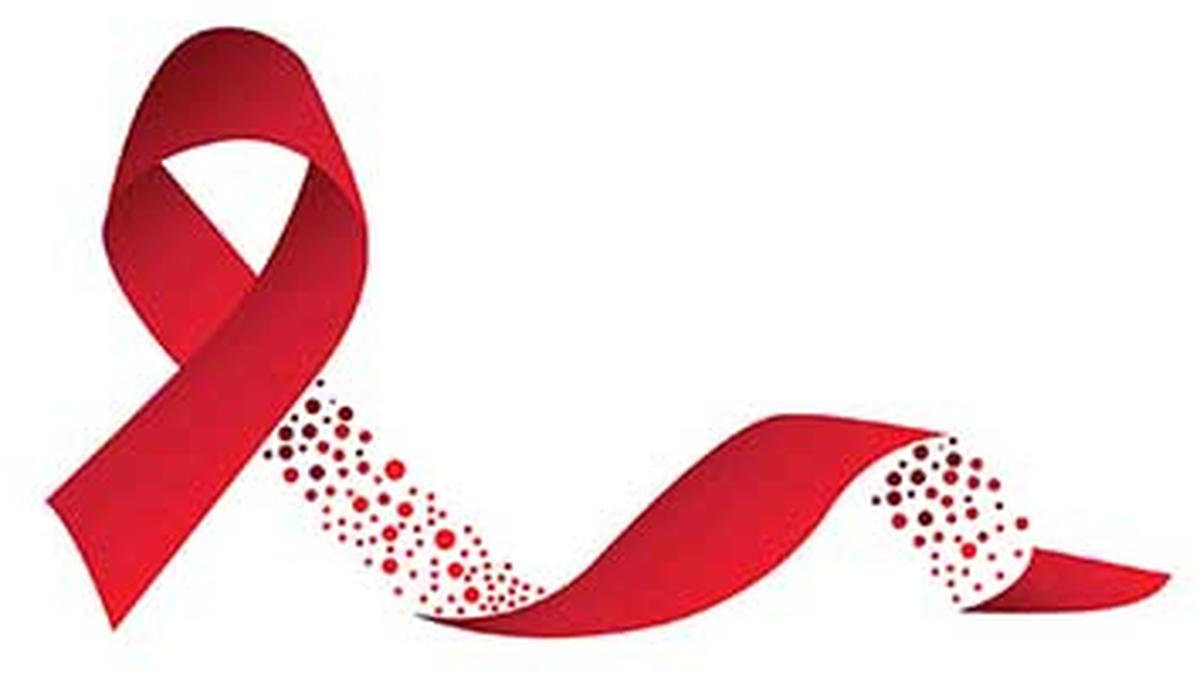
Urgent need to sustain progress made in combating HIV/AIDS, says AIDS Society of India
The Hindu
World AIDS Day 2024 theme is 'Take the right path: My health, my right' with focus on ending AIDS in India.
World AIDS Day is marked globally on December 1, and the theme for 2024, is ‘Take the right path: My health, my right.’
The AIDS Society of India, in a press release, highlights the fact that while India has done very well in terms of saving lives and reducing new HIV infections along with AIDS-related deaths as well as contributing to the global effort by making generic anti-retroviral therapy (ART) affordable and accessible to over 92% of people living with HIV (PLHIV) in the world, there still remain goals to be achieved.
Despite significant progress, a crisis remains in sustaining these efforts, due to dwindling donor funds, climate change-related natural disasters as wells as wars/conflicts. As of 2023, 39.9 million people globally were living with HIV, with 9.2 million lacking access to antiretroviral treatment, the release said.
India can end AIDS, the press release notes, by implementing scientifically-validated tools without delay. Organisations of communities living with, at risk of, or affected by HIV are at the frontline of progress in the HIV response, but communities are being held back in their leadership. Funding shortages, policy and regulatory hurdles, capacity constraints, and crackdowns on civil society and on the human rights of marginalised communities, are obstructing the progress of HIV prevention and treatment services, the AIDS Society of India warns. If these obstacles are removed however, impetus to the global HIV response, advancing progress towards the end of AIDS.
According to UNAIDS, India has the third-highest burden of HIV in the world with an estimated 24 lakh people living with HIV in 2023. The National AIDS Control Organisation (NACO) estimated around 60,000 new infections and 40,000 AIDS-related deaths in 2023 in India.
The country needs to scale up the HIV response especially for those who are at relatively higher risk. Pre-exposure prophylaxis (PrEP) (that is taking an antiretroviral combination of Tenofovir and Emtricitabine tablet once daily) can prevent HIV acquisition but is still not implemented widely in India. Efforts should be made available for the accessibility of PrEP medications including long-acting injectable antiretrovirals for at-risk communities. Efforts should also be made by the Indian government to manufacture these medications in India for our population.
Non Communicable Diseases (NCDs) like diabetes, hypertension, stroke and renal failure are on the rise among persons with HIV disease. Appropriate linkages for these NCDs care are needed for persons with HIV, the press release says.

For the last three years, R. Madhana has been reaching out to women’s self-help groups to teach them about the commercial potential of flower pots made with coir dust, a waste product derived from the fibrous mesocarp (middle layer) of the coconut husk. She is now trying to empower local businesswomen to venture into this full-time










